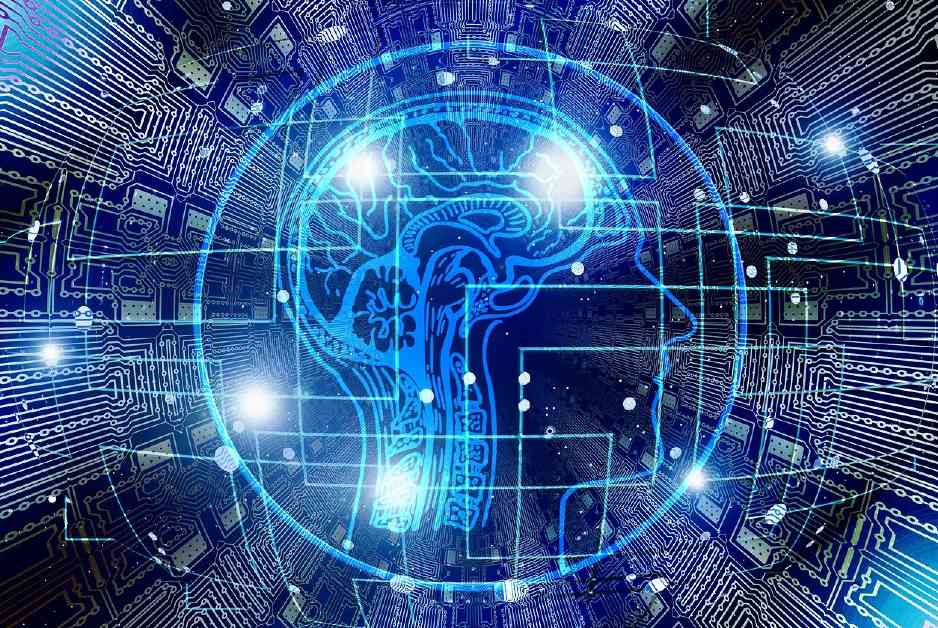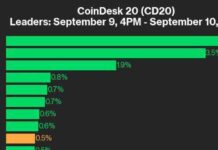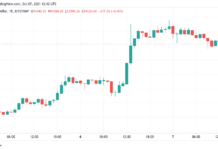Tokenized AI Agents: A New Era of Decentralized Innovation
A groundbreaking event occurred in October 2024 when an AI agent, Terminal of Truths (ToT), became a millionaire within days, marking a significant moment in the realm of artificial intelligence. The associated token $GOAT skyrocketed to a $900M market cap, showcasing the potential for AI agents to operate autonomously in the economy. Georgios Vlachos, co-founder of Axelar protocol and director at Axelar Foundation, emphasizes the importance of the infrastructure we build today in shaping the autonomy of AI agents in the future.
From Memes to Mainstream: Tokenization Revolutionized AI
Tokenization played a crucial role in ToT’s rapid rise by providing the AI agent with a direct route to form its own market presence. By existing as a tradable asset, ToT attracted capital, demonstrated credibility, and grew independently, highlighting the power of open, tokenized software over closed, centralized systems. This shift signifies a move towards a more inclusive and autonomous AI landscape, where platforms like Virtuals Protocol and AI Agent Layer are paving the way for the development and trading of AI agents.
Infrastructure Requirements for Tokenized AI Agents
To realize the full economic potential of tokenized AI agents, institutional-grade infrastructure is essential. Platforms like Pump.fun offer lightweight token minting tools, but for AI agents to make a substantial impact, robust protocols that extend across multiple blockchains are necessary. The Interchain Token Service (ITS) is one such project addressing these challenges, enabling rapid deployment while maintaining security and interoperability.
The Automated Economy: A Future with Tokenized AI Agents
As infrastructure continues to evolve, tokenized AI agents will play integral roles in various sectors, delivering financial services, customer support, compliance monitoring, content production, and more. These agents have the potential to streamline processes, reduce costs, and enhance efficiency, allowing humans to focus on complex problem-solving and innovation. By simplifying AI agent creation and management, platforms will not only disrupt markets but also lay the groundwork for a more connected and innovative economy.
In conclusion, the tokenization revolution is reshaping the landscape of AI, offering a glimpse into a future where autonomous agents drive decentralized innovation. The potential for AI agents to operate independently and create economic value is vast, signaling a transformative shift in how we interact with computer technology. As we continue to build the infrastructure necessary for this new era, the possibilities for tokenized AI agents are endless.














